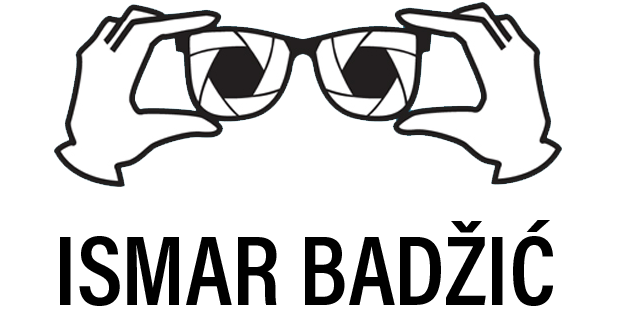
‘The Trial of Ratko Mladic’ screened at the International Documentary Film Festival Amsterdam on 18th November 2018.
The screening had a profound effect on me. The film was immensely powerful and it allowed me to reflect on what a key phase in my career, and my life, working on the film had been.
Not only was it my first documentary job out of film school – working on the film gave me a chance to face the demons I carry each day, confronting the long shadow the Bosnian war has cast upon my life. Every day at work gave me an opportunity to wrestle with my past and to put on record the truth of a number of dark, disgusting, barbaric and racist campaigns of violence aimed against innocent people. I was motivated by the earnest hope that what happened in Bosnia in the 90’s is never forgotten. In memory of the victims, as a mark of respect to the survivors and in the hope it won’t happen again.
The film somehow manages to underscore the barbarity of what happened, putting the victims front and centre, whilst also hearing from the people who defend, love and support Ratko Mladic in a gentle, non-judgmental way. As a viewer, and as a refugee, I have my own opinions about them, but the film itself doesn’t take sides, it just shows the monumentally messy residue of what happened in Bosnia for viewers to think about themselves.
No court and certainly no film can ever reconcile differences between people pitted against each other by war. But they can open the door for dialogue and spark conversation. I’m proud of the loving, human, hopeful, indefatigable spirit of the film which invites that conversation to take place – chiefly, by treating both sides with care, respect and compassion. I hope it can start a national conversation in Bosnia. It won’t be clean, or easy but I think it’s process which is long overdue.
One of the lawyers in the film says that it is time for Bosnia to move on and stop opening up old wounds. I agree with a slither of that sentiment but totally disagree that sweeping the past under the rug is the way to do that. It’s time for Bosnia to move forward, yes, but that can’t be done without opening the wounds and cleaning them out properly. Right now, Bosnia is held together by a scrappy bundle of plasters. The underlying problems haven’t been fixed. I’d rather we open the wound as a nation to fix it. It’ll hurt far less than ignoring it and waiting for another group of fanatics to come along and rip it open.
Proud is a word that I avoid using. But I’m proud to have worked on this film and proud to have helped put on record the experiences of people on both sides of the war. I’m grateful for my first documentary job out of film school and that I was able to spend time with, and learn from, such talented and dedicated filmmakers. And I’m hopeful for the dialogue that this film could help to contribute towards.

